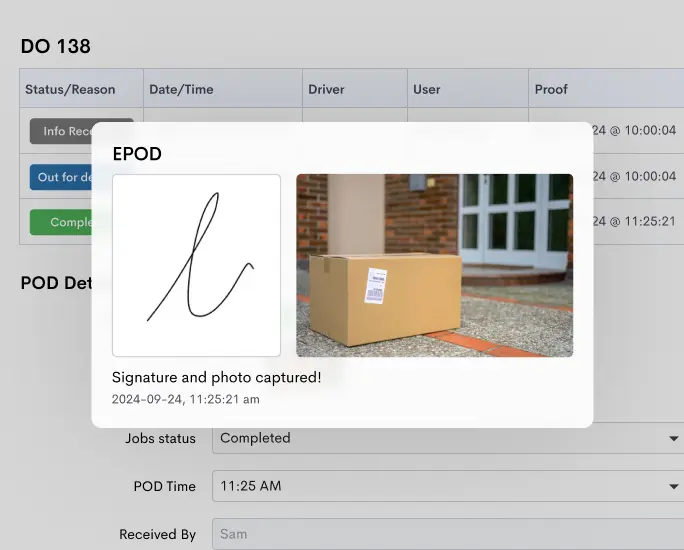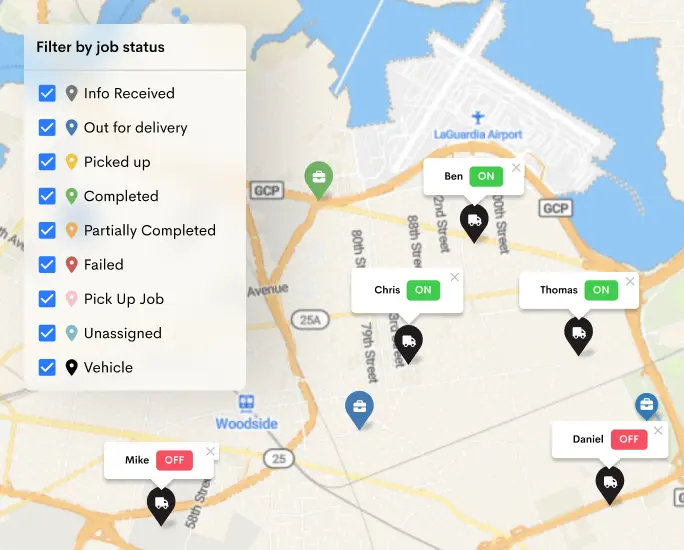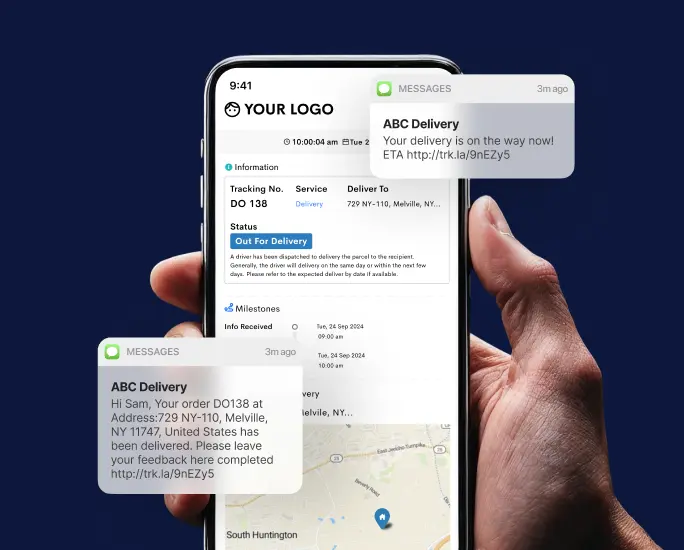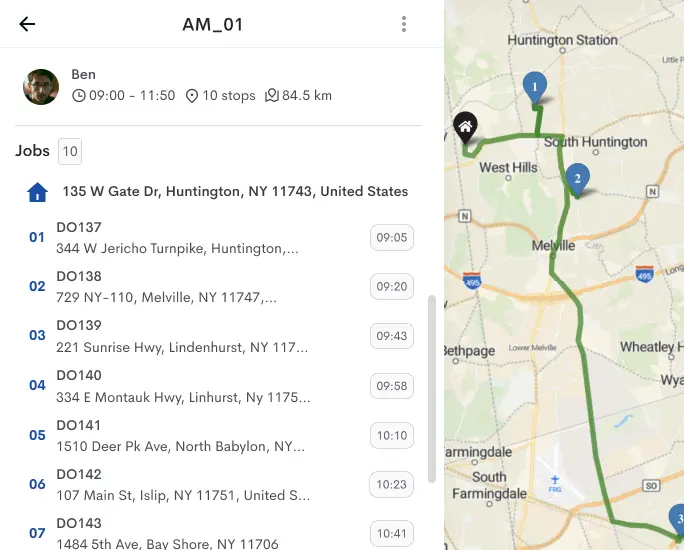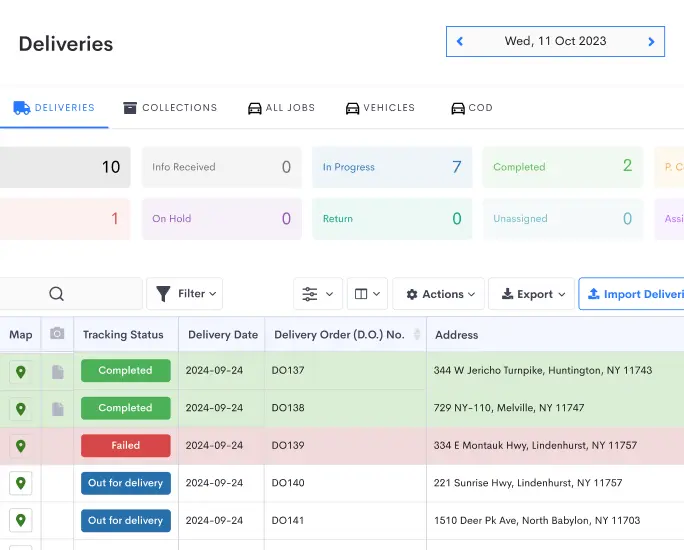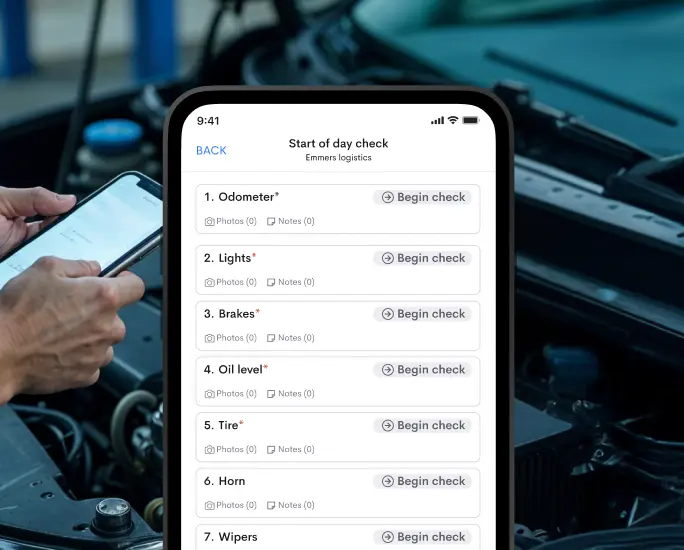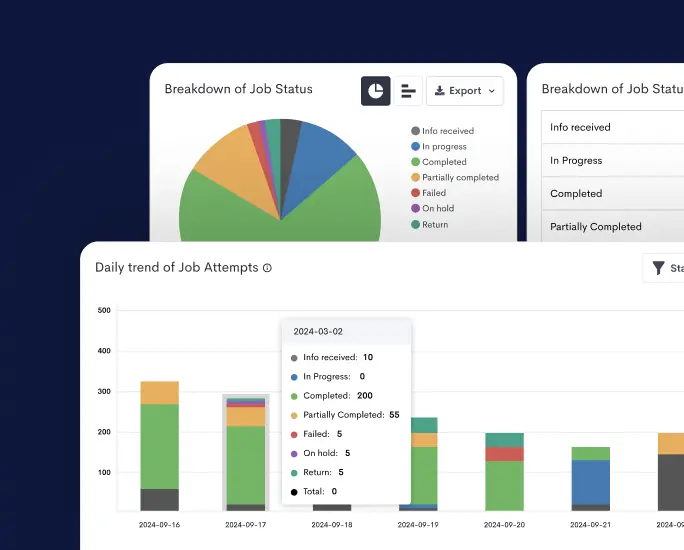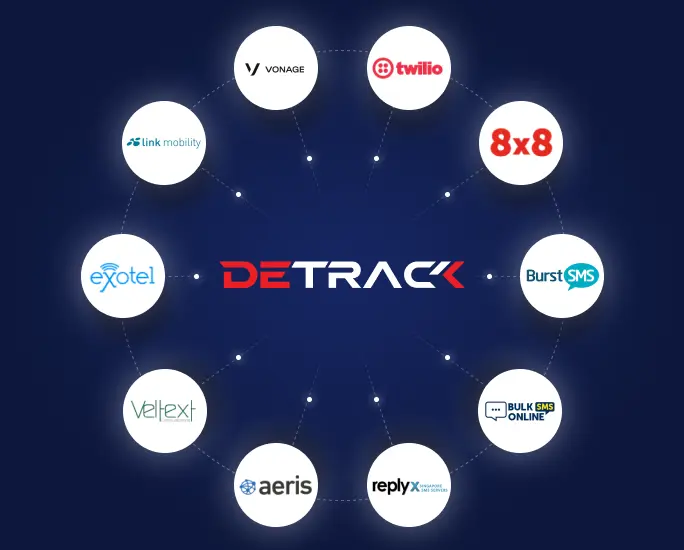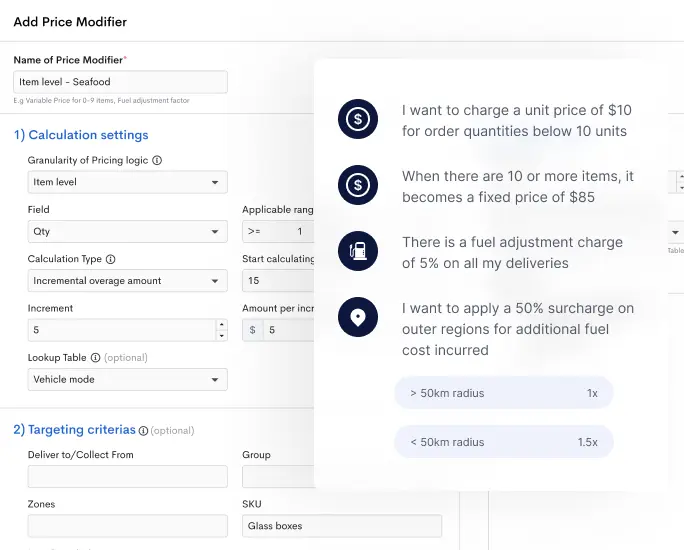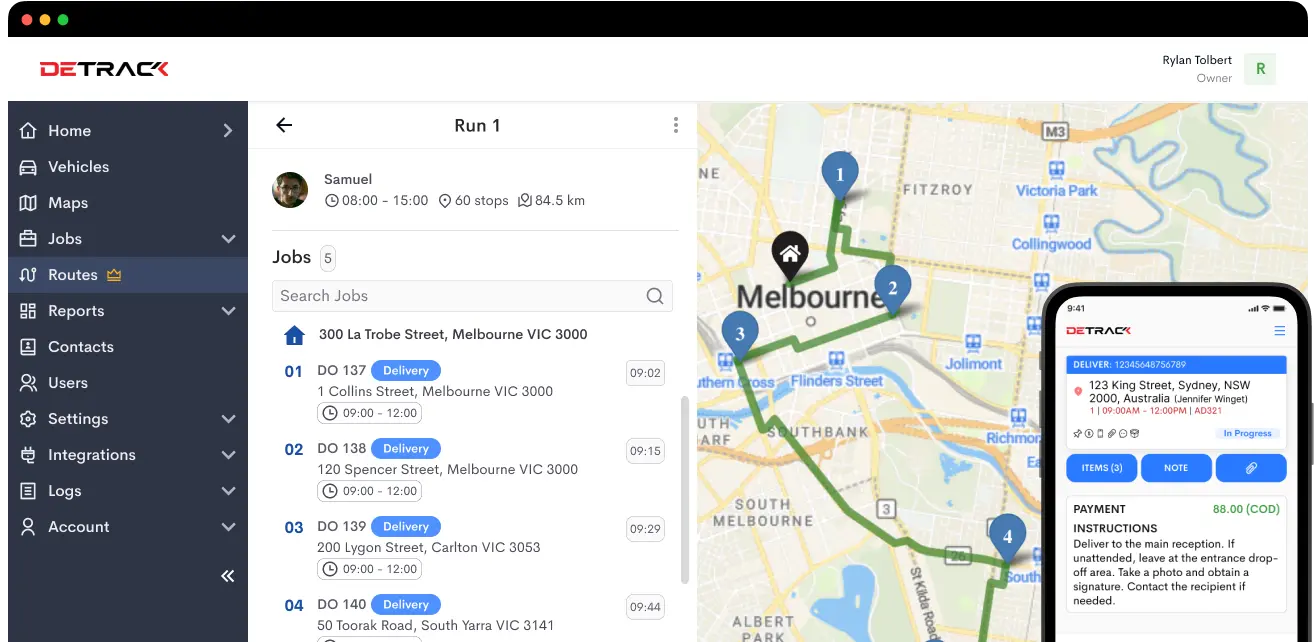Regardless of the business you operate, having a top-notch service is paramount to success. But it’s not just about quality service. It is ensuring that field services stay functional to improve efficiency. While this is an essential aspect for most businesses, it’s often overlooked.
In the logistics industry, field services have their position in the supply chain, and ensuring that products, materials, and workers are available at each point of the order fulfillment makes the supply chain process swift.
To ensure this is possible, you need to build and utilize an efficient service logistics or transportation flow and other related field services at each location. The goal is to reduce the cost and increase efficiency. This article covers all you need to know about supporting your operations using service logistics.
What are Service Logistics?
Logistics services are the backbone of any supply chain, starting from the warehouse to the work site and covering everything from order management to inventory management and field service management. It is defined as the process of managing several activities that respond to specific needs during transportation, and it includes the provision of services like supply parts, product materials, and field workers at any point in the delivery process.
Industries That Utilize Service Logistics
To further understand logistics services meaning, you need to know the industries that utilize its services. They’re explained below.
- Utility companies
Companies specializing in the delivery and supply of utilities such as electricity, gas, or water to the public are perfect examples of companies that use logistics services for their supply chain management. Utility companies often require servicing, such as supplying parts and materials.
- Medical equipment suppliers
Businesses supplying medical equipment are another industry that utilizes this particular logistics for their field service needs, which often include specialized transportation methods, unique materials, and parts.
- HVAC service providers
HVAC means heat, ventilation, and air conditioning. This industry involves the transportation, installation, maintenance, and repair of climate control systems. HVAC systems are often large in size on average, and so they require specialized logistics services to ensure the work items are being delivered properly and in a timely manner.
- Oil and gas industries
The oil & gas industry is quite a complex one due to its method of operation, which is also responsible for the several challenges it faces when it comes to the delivery of products. Due to issues like remote locations, regulatory compliance, safety concerns, cost pressures, and weather conditions, they often require logistics services to streamline their field service.
- Agricultural sector
The Agricultural sector requires constant transportation of farm produce, equipment, fertilizers, and even workers to and from the worksite. As a result, there’s a need for a comprehensive logistics service to organize the delivery process for maximum efficiency.
- Construction industry
The construction industry has huge demands to keep it running. For instance, construction requires a functional and effective supply chain and logistics management to ensure construction materials and items constantly get to the work site. One way to solve this issue of failed or delayed arrival of work materials to the site is by using construction software.
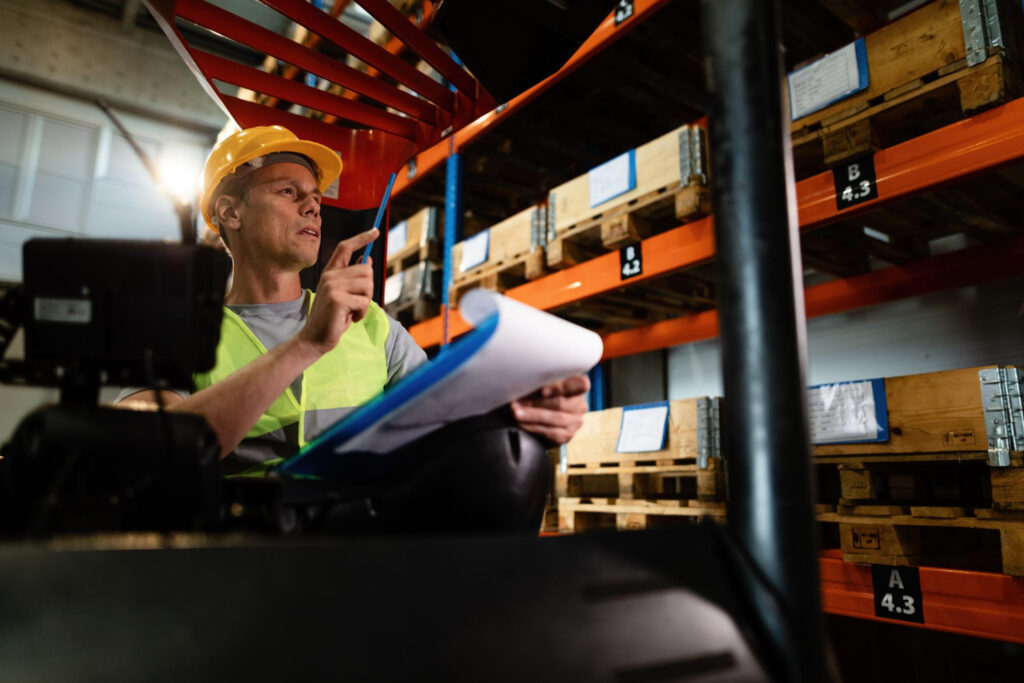
Types of service logistics for field services
Each field service requires different types of service logistics to keep operations running smoothly. Below, we break down the different types.
Material delivery
Most businesses need to manage the delivery or transportation of materials depending on the point in the supply chain. As a result, efficient supply chain management is needed to ensure that real-time data on the demand for parts and materials keeps flowing.
To achieve that, ERP systems are integrated with transportation management systems (TMS) to support visibility. CRM tools and inventory management software are also integrated with logistics software for fast data transfer to improve field service.
On-site repairs and maintenance
Businesses or industries requiring service logistics often need maintenance for their trucks and other similar equipment, especially when it involves technology. Depending on the industry, there might be a need for regular maintenance.
On the other hand, repairs of equipment on site happen when maintenance was skipped or wasn’t properly done. Fleet managers are often responsible for equipment repair. However, repairs can also be required in other aspects of the operation relating to the product.
Reverse logistics
Reverse logistics is often needed for field service as it’s a huge part of the order fulfillment process. Anytime there’s a need for replacement or recycling of a product part of the product itself, businesses utilize reverse logistics as a cost-effective and customer-centric strategy for returning items.
In supply chain management, it’s required after a product part is repaired or undergoes maintenance, making it one of the most common services logistics needed.
Challenges And Solutions In Service Logistics
There are several challenges in service logistics. They’re explained below with solutions.
Inventory Management
inventory management is a key aspect of service logistics management, playing a vital role in the overall operational efficiency of businesses across industries. Without effective inventory management, companies may face a multitude of challenges, including excessive storage costs, delays in addressing customer requests, and revenue losses due to stock shortages or expiration.
As businesses strive to meet the increasing demands of customers, the need for effective and efficient inventory management becomes more important. Overstocking inventory leads to high holding costs, while inadequate stock levels disrupt the smooth functioning of supply chains and customer satisfaction.
One potential solution to this conundrum is the implementation of sophisticated software solutions, such as artificial intelligence (AI) and machine learning (ML) algorithms. These cutting-edge technologies can accurately predict product demands, enabling businesses to make informed decisions regarding optimal inventory levels.
Transportation
In the rapidly evolving world of logistics, transportation remains one of the most fundamental and critical aspects in ensuring client satisfaction and efficient operations. Due to the numerous challenges faced in this sector, transportation emerges as a crucial factor in determining a logistics provider’s ability to meet the evolving needs of clients.
Various aspects, such as rising fuel costs, changing regulations, and increasing competition, create a complex web of interconnected problems that must be navigated adeptly. However, innovative solutions that harness technology, such as delivery management software, data analytics, and advanced routing algorithms, aim to optimize transportation networks and enhance stakeholder communication.
Customer Demand Fluctuations
As consumer preferences and market trends shift rapidly, businesses in this sector can struggle to predict and accommodate these changes. To overcome this hurdle, organizations must employ innovative strategies fueled by the integration of technology and data.
For instance, by harnessing the power of predictive analytics, companies can better anticipate demand surges or drops, enabling them to optimize their inventory levels and respond more effectively in real time.
Furthermore, improved communication with customers and feedback surveys can help understand customers’ growing needs and demands. That way, businesses can implement ways to deal with and satisfy the new demands of customers quickly.

The importance of optimizing service logistics for last-mile delivery businesses
In today’s competitive business landscape, companies that want to stay ahead of the curve need to adapt and innovate constantly. One of the critical aspects of this is improving service logistics, which is indispensable in customer satisfaction and cost-efficiency. Enhancing your service logistics helps you reduce your last-mile delivery cost and maximize operations.
Detrack, a revolutionary service logistics solution, can help businesses streamline their delivery and tracking process, ensuring seamless and reliable communications. With its cutting-edge features, such as real-time tracking, automatic proof of delivery updating, and instant notifications, Detrack can elevate businesses to new heights in terms of customer satisfaction and operational efficiency. Try Detrack Today to enhance your service logistics and transform your business.

